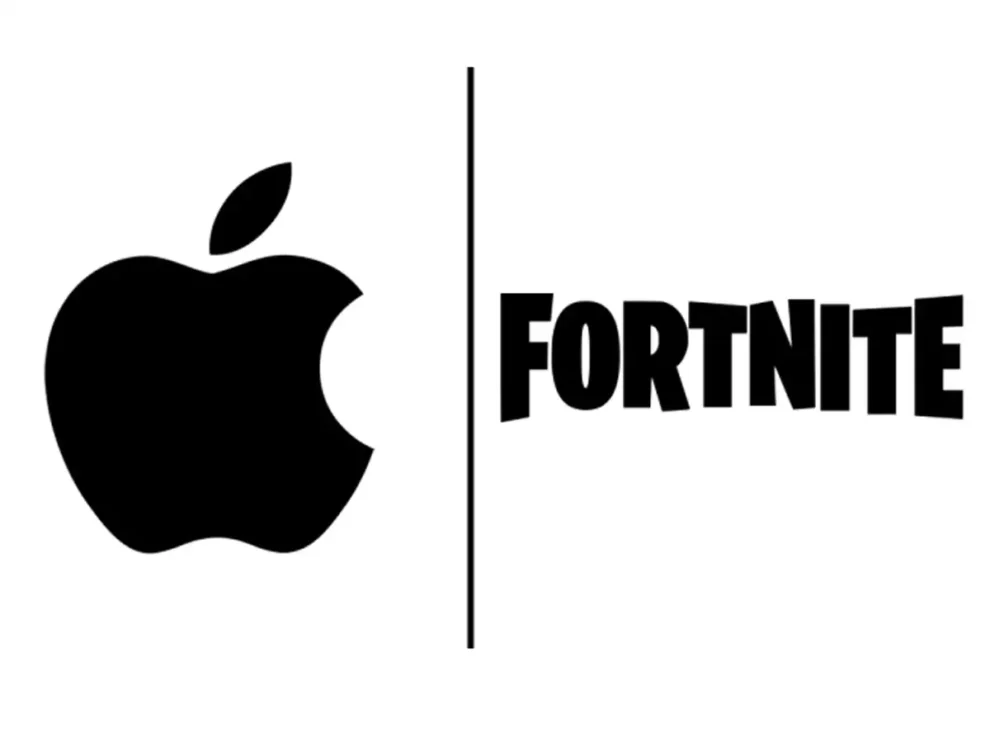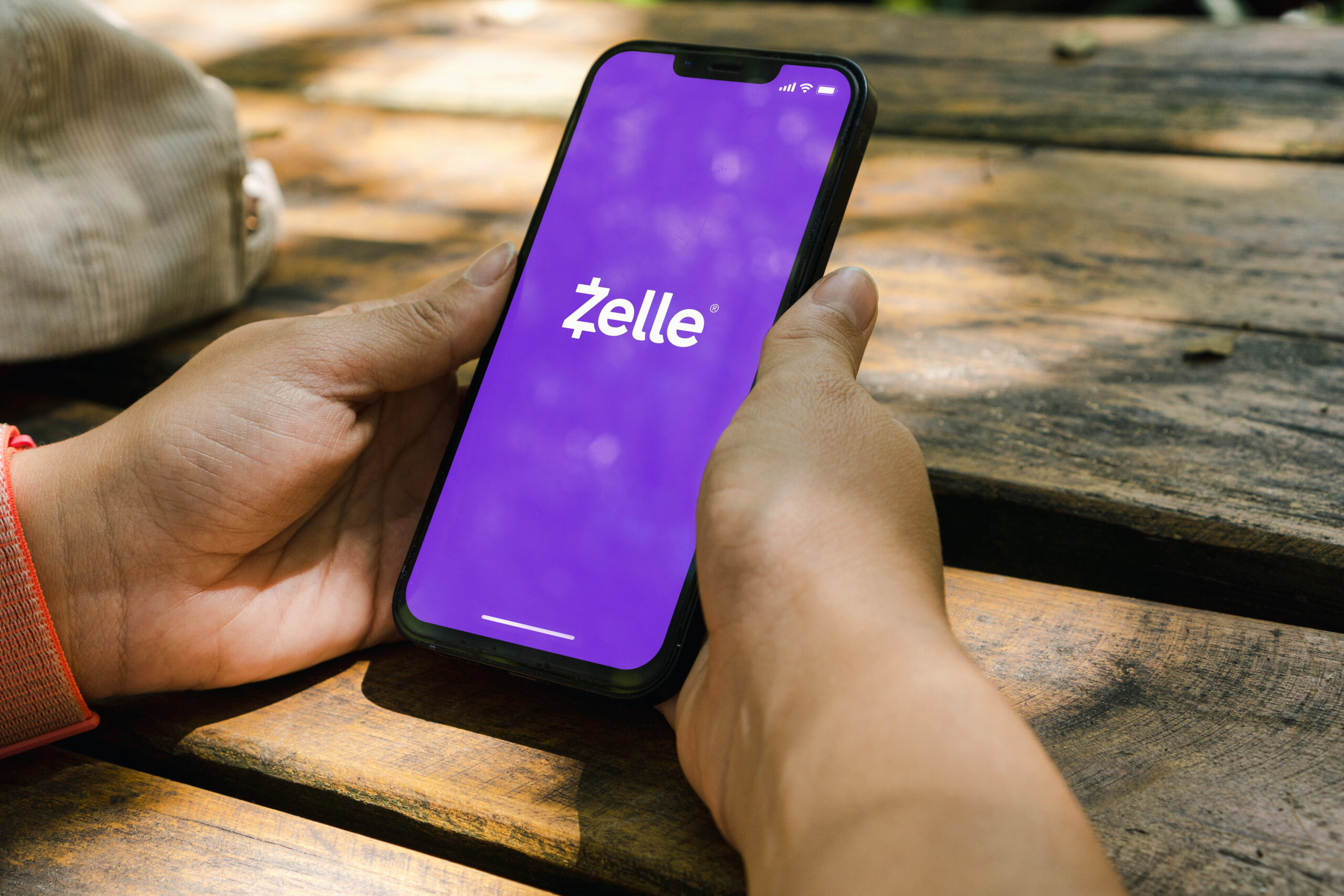Apple has taken a definitive stand against Epic Games’ aspirations to establish its own iOS game store, which comes on the back of prolonged criticism over the App Store’s operational policies. This development is a significant chapter in the ongoing dispute between the two tech giants, stemming from issues around app distribution and in-app payment systems.
Key Highlights:
- Apple to appeal to the U.S. Supreme Court regarding a judge’s order affecting its App Store’s payment practices.
- The legal battle with Epic Games over in-app payment fees and app distribution policies.
- Epic Games announces plans to bring Fortnite and the Epic Games Store to iOS in Europe, exploiting the Digital Markets Act (DMA) to sidestep traditional App Store constraints.
- Apple’s adjustments to iOS in the EU to allow sideloading and third-party app stores, under pressure from new pro-competition rules.

The Legal Tug-of-war
Apple has declared its intention to challenge a ruling that could alter its App Store’s financial model significantly. This ruling prevents Apple from barring developers from including links or buttons in their apps that direct users to alternative payment options, bypassing the App Store’s traditional commission structure. This legal confrontation began when Epic Games filed a lawsuit against Apple in 2020, criticizing the latter’s in-app payment fees and the restrictive nature of app distribution on iOS devices.
Epic Games Strikes Back
Despite the legal entanglements, Epic Games has been proactive in finding ways to reintroduce its products, notably Fortnite, to iOS users, albeit currently limited to Europe. This move is facilitated by the upcoming changes enforced by the Digital Markets Act (DMA), aiming to foster competition by allowing alternative app distribution methods. Epic’s decision to launch Fortnite and its own game store on iOS signifies a strategic push to leverage the DMA’s provisions for more equitable market access.
Implications of the DMA and Apple’s Compliance Efforts
The DMA’s influence has prompted Apple to make unprecedented changes to its iOS ecosystem in Europe, including permitting sideloading and enabling third-party app stores. This shift marks a considerable departure from Apple’s long-held stance on maintaining a closed app distribution system to uphold security and privacy standards. However, Epic Games has expressed dissatisfaction with the manner in which Apple plans to implement these changes, criticizing the company for imposing what it considers to be unjustifiable fees and for what it sees as a form of ‘malicious compliance’.
The Future of Digital Marketplaces
The dispute between Apple and Epic Games underscores broader issues surrounding the control and monetization of digital marketplaces. As the case progresses to potentially the highest legal authority in the United States, the outcomes will have far-reaching implications for developers, consumers, and the tech industry at large. It highlights the ongoing tension between fostering innovation and competition and maintaining a secure and curated user experience.
The legal skirmish between Apple and Epic Games over the latter’s plans to introduce its own game store on iOS encapsulates a pivotal moment in the digital economy. As regulatory frameworks like the DMA begin to challenge the status quo, the landscape of app distribution and in-app payments is poised for significant transformation. While the forthcoming decisions will likely reshape the dynamics between platform owners and app developers, they also signal a potentially more open and competitive digital marketplace, albeit with ongoing debates about security, privacy, and the fair distribution of revenue.









